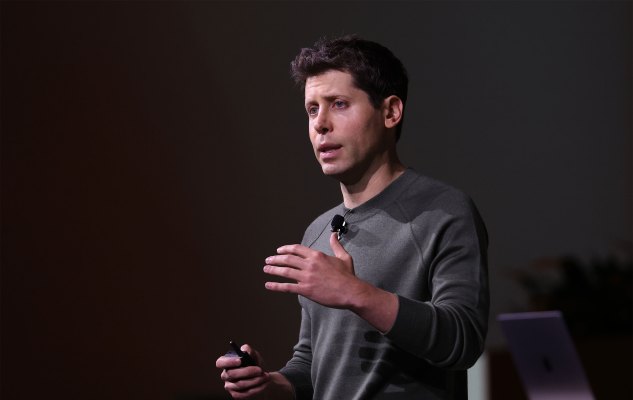OpenAI has responded to a letter sent by the Congressional Black Caucus that flagged the lack of diversity on its board.
OpenAI’s response letter, which TechCrunch saw, was dated January 5 and signed by CEO Sam Altman and Chairman of the Board Bret Taylor. It said building a complete and diverse board was one of the company’s top priorities and that it was working with an executive search firm to assist it in finding talent. The OpenAI board has received criticism for its lack of gender and racial diversity since its reconfiguration after Altman’s ousting and prompt return in November.
In mid-December, CBC Chairs Rep. Emanuel Cleaver and Rep. Barbara Lee sent a letter to OpenAI asking it to “move expeditiously” in diversifying its board. It noted how important a Black perspective is while building machine learning tools in order to help mitigate AI bias. The letter was addressed to Altman, Taylor, and board members Larry Summers and Adam D’Angelo. The CBC letter then asked five questions to OpenAI, including whether the company had any DEI goals for the board and how it was ensuring women and people of color were being considered for the roles. It initially gave OpenAI a December 29 response deadline.
“The board of OpenAI, a non-profit public institution created to ensure that AI benefits all of humanity, is now composed exclusively of white men,” the CBC letter read. “It is our hope that you will work with us and acknowledge by example the importance of the perspectives and experiences of women and people of color on the future of AI.”
In its response, OpenAI did not directly address CBC’s request regarding the inclusion of Black voices on the board. It broadly noted, however, that its board structure work was ongoing and that the company remained committed to addressing harmful AI biases. It then cited a few examples, including its policies banning hateful content, its tools that help detect hate, and the fact that it taught its vision model, in which a user can ask a question about an image, not to respond to any stereotype-based questions.
The company ended the letter by saying the inclusion of women and people of color was important to the future of AI and that it looked forward to working with the CBC. OpenAI did not immediately respond to TechCrunch’s request for comment regarding its response letter or its plans to diversify its board. As of this month, the company’s board search remains ongoing, and no new names have officially been added.
Rep. Emanuel Cleaver told TechCrunch he appreciated the response and was encouraged by OpenAI’s commitment to hire an outside firm. Still, he felt OpenAI’s response did not give concrete plans as to how it was going to diversify its board.
“I hoped for a stronger response that would include something to the nature of ‘we are trying right now to look across the ethnic, racial and gender barriers, and we hope to be moving in the direction of higher inclusivity,’” Rep. Cleaver said. “I looked for something where that might have been implied, and I did not find that.”
He will present the letter to the rest of the CBC at its luncheon next week to gather their thoughts on OpenAI’s response. The CBC also sent a letter last month to the Department of Labor asking it to investigate whether the ongoing tech layoffs disproportionately affect the Black community. The department told TechCrunch it had received the letter and was reviewing it.
